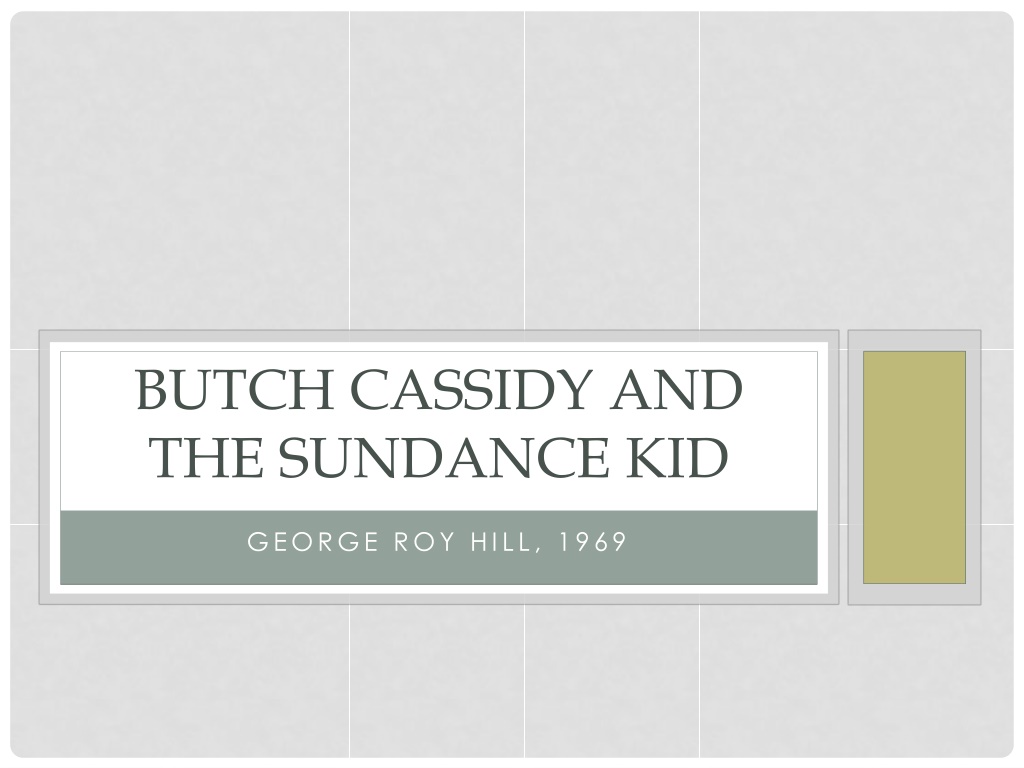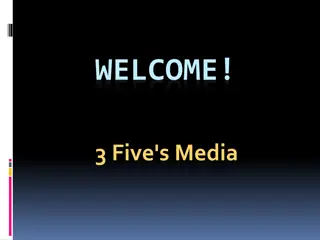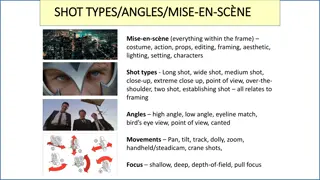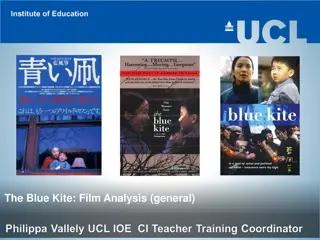Cinematography Analysis of "Butch Cassidy and the Sundance Kid
Cinematographer Conrad Hall's use of flat space and movement techniques in "Butch Cassidy and the Sundance Kid" is explored in this analysis. The opening scene showcases a montage style with tight shots, creating a sense of claustrophobia, while the second scene transitions from tight to loose framing to build tension and introduce conflict.
Download Presentation

Please find below an Image/Link to download the presentation.
The content on the website is provided AS IS for your information and personal use only. It may not be sold, licensed, or shared on other websites without obtaining consent from the author. Download presentation by click this link. If you encounter any issues during the download, it is possible that the publisher has removed the file from their server.
E N D
Presentation Transcript
BUTCH CASSIDY AND THE SUNDANCE KID GEORGE ROY HILL, 1969
CINEMATOGRAPHER Conrad Hall (who also shot American Beauty and Road to Perdition) Utilizes flat space in most of his films Movement in the first scene takes place on the axis of the tripod: pans, tilts, zooms Most of the movement in Rules of the Game physically moves through space: dolly, crane, track Create a look of deep space
OPENING SCENE: Flat space Montage style of editing Tight shots making up the scene rather than deep space (like Rules of the Game) The series of tight shots also give a sense of claustrophobia Also makes a reference to jail something Butch is afraid of as an outlaw
SECOND SCENE Moves from tight framing to loose framing Extremely long take at the beginning of the scene Increases tension and introduces conflict























